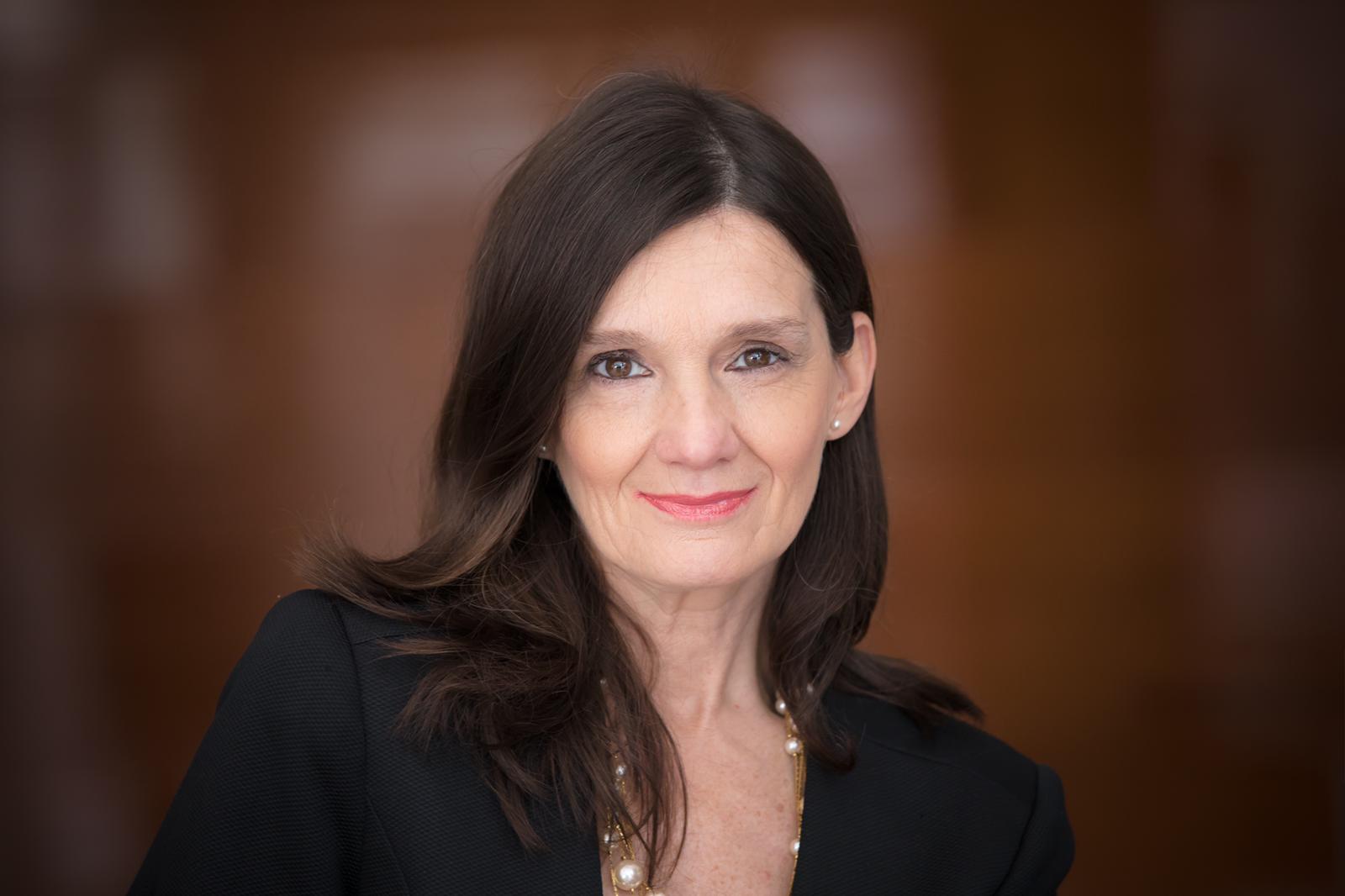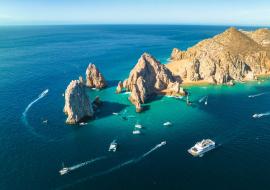MICE Tourism: Swaying between Alternatives and Reality

A study by Travel Advisors, an association of independent travel agencies that integrates companies specialized in both corporate travel, MICE and Premium vacation travel, conducted at the beginning of the Coronavirus spread, indicates that the breakout is already having an impact on the segment of corporate travel and event organization, MICE, and reported 70% decreases in that area of tourism.
And after the measures taken by different governments to suspend any event that involved the concentration of more than a thousand people, the MICE sector has been practically unemployed and different events have been postponed or suspended as a preventive measure.
As a result, the situation of Meetings Tourism in view of the spread of the coronavirus in countries such as Spain has become very complicated. This is reflected by the president of the Association of Congress Centres in Spain (APCE), Iker Goikoetxea, who said that "there are no events in March and April, and we are uncertain about what will happen in May and June".
About this, Dr. Betina Anzilutti, Founder and Executive Director of NOUN Eventos y Capacitación Ejecutiva, says: "The MICE industry has suffered a great blow, which forces all of us who are protagonists in this sector, either because we train professional event organizers or because we organize events or because we are part of the associated value chain, to have to adapt. And we will certainly not be the same after this test.
The events sector, by being affected in this way, has also caused a chain of problems, already bringing together many other sectors such as the hotel industry, transport, catering, cultural and leisure, technology, logistics.
The World Tourism Organization (UNWTO) confirms in its global report on the meetings industry that 20% of tourists who travel worldwide do so for business.
The meetings industry plays a leading role in the growth of the world economy and is also key to improving understanding and relations between different regions and cultures.
New-Tech Alternatives for MICE Tourism

COVID-19 has brought the event industry to a standstill. Since the suspension of the Mobile World Congress, scheduled for the end of February, numerous meetings have been cancelled or postponed without a date
The Doctor in Corporate Communication, Asun Paniagua in an article on the current scenario for MICE Tourism, explains that by encouraging companies to promote teleworking to alleviate possible economic damage, it has been possible to dispense with physical presence at congresses, conferences and meetings, and these have begun to be organized through video conferences and webinars.
It has therefore been possible to continue organizing meetings and conferences thanks to the technology provided by telematics and the use of networking. Thus, there is no risk of new infections.
As far as we can see, alternatives have emerged alongside the pandemic that allow us to continue organizing events and ensuring the health of their participants.
Virtual Meets vs 1-On-1 Events

We must bear in mind that the virtual events have come to give a response to MICE Tourism in the face of the urgency unleashed by the crisis.
In an article for Escafandra, the Master in Events Organization, Protocol and Business Tourism in Ostelea, Angelo Calderon, explains that among the benefits of virtual events is to manage the participation of more interested in the event, to show an avant-garde image, and to reduce the costs of the event and the attendees, such as air tickets, accommodation, among others.
On the other hand, Dr. Betina Anzilutti, Executive Director of NOUN Eventos y Capacitación Ejecutiva refers that the event organizers, representatives of the MICE sector, have this slogan, An event is not going to be cancelled, it is going to be postponed.
However, she explains that now, if this type of virtual events were to be placed before the one-on-one gatherings, this would represent a significant loss of jobs.
"With each Congress, with each exhibition, the organizers give work to thousands of people involved, from the architect, to the florist, to the light, sound, press, catering, airline, tourism agency and many others," he explained.
In addition, the atmosphere at a face-to-face event generates better communication and strengthens relationships. It also generates more commitments and attendees can interact better.
"Let's not lose sight of the fact that this is going to happen, we should not do everything virtually. Let's postpone the events that mostly need personal interaction, so that the MICE industry can move forward", says Dr. Anzilutti.
She also explains that e-learning, a goal for which NOUN Eventos y Capacitación Ejecutiva has been training industry professionals since 2005, is an area for which extensive study is required, so not everyone can give a course, training or hold an event online.
"I highlight the value of e-learning for legally and fiscally qualified institutions, which belong to the Ministries of Education of each country, that are really prepared to carry out and organize virtual events", she states and explains that for example, NOUN Eventos y Capacitación Ejecutiva, has curricula linked to the training of professionals of the tourism industry that have been declared as an unprecedented didactic work at a worldwide level, regarding the organization of virtual events.
What Does the Future Hold for the MICE Industry?

Dr. Anzilutti believes that for this year and for several more years, big events will not be necessary, nor possible.
"Firstly because the entrepreneur who has had to postpone his event is suffering from an unparalleled economic crisis, maintaining a structure of employees and fixed costs. This will mean that when face-to-face events return, he will have to think about which one to attend and where to buy a stand," he says.
She also indicates that by the end of this year and for some years to come, we will return to the boutique events, with 80 or 90 stands and congresses with few attendees and less expenses. We will even be able to continue using virtual tools for some exhibitions and meetings.
However, whether the face-to-face events will continue to be the main exponents of MICE or whether the virtual world will make its way, will depend on the customization of the events, which will result in one alternative prevailing over another or existing in harmony resulting in hybrid events.
Dr. Anzilutti also points out that this recession in the MICE industry will vitally require the role of digital media because of the service they provide by allowing free access from anywhere in the world to information about the industry and about events.
"I ask these media to keep the flame of our industry burning," she concludes.














